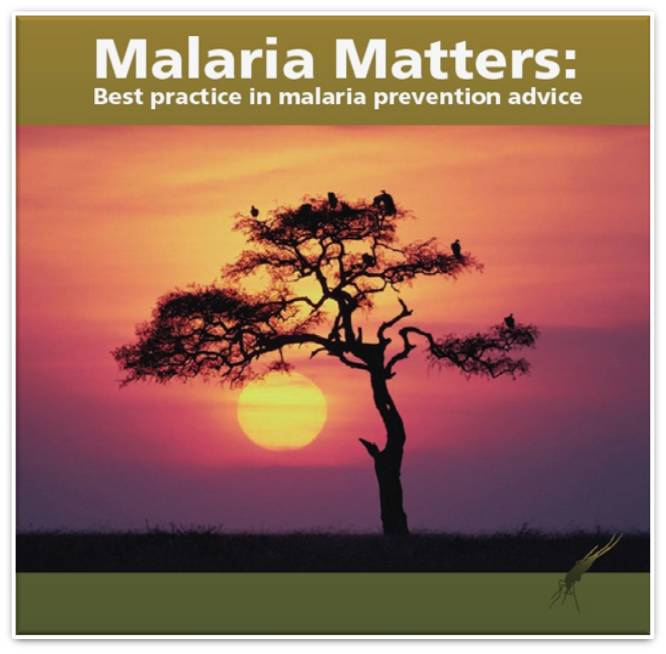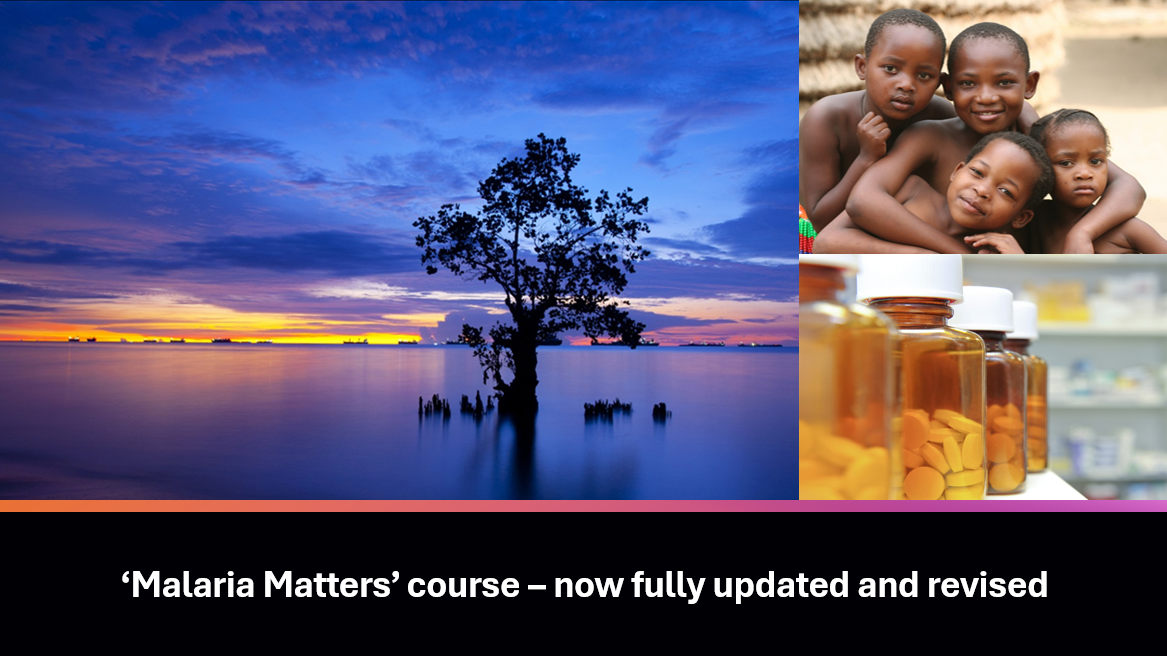A number of queries have been put to me about 'how often' you should update on travel health, so I thought I'd write a blog to provide more information. Whilst there are no hard and fast rules, within your NMC Code, it would be expected for you to be professionally accountable for your actions. For example, section 6 of the Code is about being able to 'Practise effectively' it states 'Always practise in line with the best available evidence' and at 6.2 it states 'maintain the knowledge and skills you need for safe and effective practice'. *
In the RCN Travel Health Nursing: career and competence development in Core competency 3: Professional responsibilities for nurses working in travel health, it states on page 42
- point no. 2 all nurses should attend annual update on anaphylaxis and CPR training**
- point no. 5 all nurses ensure that travel health knowledge is evidence-based and remains current.
More specifically on page 43, point 7. we included the statement that the 'Competent Nurse' working in travel health should 'Attend an annual travel health update study session/conference at a local, national or international event, either in person or online. If such is not available, undertake self-directed learning by means of following online news alerts, vaccine updates, reading published travel health medicine articles/information. Undertake a reflective narrative of the learning to provide evidence of keeping up to date in line with current revalidation requirements.
So how do you decide how often you should undertake an update and what are the barriers?
There are many factors that will impact this and if you're a General Practice Nurse, one of the key problems is the number of different subjects you will need to keep up to date on; the amount of time allowed within your practice for training and in some cases, the funding available. In addition, how much of your time is spent working in this specialist field of practice? One could argue if it's very little, then it is even more important you keep up to date to ensure your clinical skills meet the Code!
My personal experience and opinion
Over many years of teaching, I've met numerous nurses who would present regularly every year but also many who hadn't been to an update for up to five years, a few even longer (who remembers some of those great face to face in person events, great for learning new things, but also invaluable in networking with others!).
So what do I think is possible and realistic today? I feel an 'Update' is perhaps something you undertake to help you focus on the subject in a concentrated manner, but does it need to be annually? I don't personally think if you're taking my online update course (which currently provides about 8 hours of training) and you're following my FaceBook page where I regularly post updates and also recommend you sign up to updates from NaTHNaC etc. that its as essential any longer. I constantly update my courses and also put free of charge pieces on my store to help on key topics that are very current in addition to blogging from time to time. I cannot 'speak' for other training courses, but know there are many face to face online training sessions that are popular, providing education ranging from half to one day, although the face to face in person seems to be a rarity these days. I am still speaking at big conferences in person, but those usually only allocate a 30 - 40 minute time slot where I teach as much as I can, however, this certainly wouldn't be enough to fulfill an annual update. The world has changed, new diseases emerge to threaten global health, new vaccines to get our heads around, to say nothing of changing immunisation programmes. It's a matter of your individual professional competence in many situations and back to my opening paragraph in this blog - that you should always practice in line with best available evidence, maintain your knowledge and skills for safe and effective practice, and ensure you remain current.
My conclusion
COVID catapulted the ability to use digital training resources which can make attendance easier for those in more remote areas, reduces costs and time. But this also resulted in the decline of demand for in person face to face (F2F) training. Loving the creation of digital learning, I took my education into an online 'elearning' style.. I would acknowledge this may not suit everyone, but for those who do like it, it provides more time to study at a pace to suit the individual, fulfills the ability for some to really research and expand knowledge in an interactive format if they so wish.
So I write a 'new update' now every two years which I mentioned, I keep up to date on a very regular basis. This is found here. However I have also put up two other 'free of charge' courses which I felt important for all to be able to have access to even if my Travel Health Update Course had been taken recently. These are Dilemmas in Delivering Travel Health and a Dengue Course.
In the current Travel Health Update Course I also included the following information to help you stay up to date on a regular basis as mentioned earlier.
HOW DO I: Make sure I keep up to date in between educational training?
- Subscribe to the regular e mail feeds from NaTHNaC (see this feature on right hand side of the home page) and subscribers to TRAVAX (you need to set this option up in your account page)
- Subscribe to the Vaccine Update and any other relevant alerts from UKHSA
- Like and follow FaceBook pages which post update information regularly - for example I can sometimes post updates several times a month on mine Travel Health Training
- NaTHNaC has much activity on their X page (formerly Twitter)
- Read my regular update pages in Practice Nurse journal - all back copies are on this page
- You could also check out this blog page and my website from time to time for lots of other information.
And FINALLY
* A word of warning! I read many queries about travel health practice on FaceBook pages and with the ability to post anonymously it seems to be even more common. Whilst these communities certainly have their value and can be enormously helpful and supportive, beware of posting or taking advice for direct clinical queries. You should not do this and even less take the advice unless there is documented evidence provided to back it up which you should then 'check out' for yourself. Are you aware of the NMC guidance on social media - see here. For official advice if your query is complex, you need to be ringing one of the travel health bodies (NaTHNaC or TRAVAX) and then you can also document in your records where the advice came from. See my tool no. 8 for details of these at Tools.
** Anaphylaxis and CPR training The National Minimum Standards and Core Curriculum for Immunisation Training for Registered Healthcare Practitioners states on page 16 'Specific training in Basic Life Support and anaphylaxis recognition and management should also be undertaken annually or as per employer’s stipulations'.









